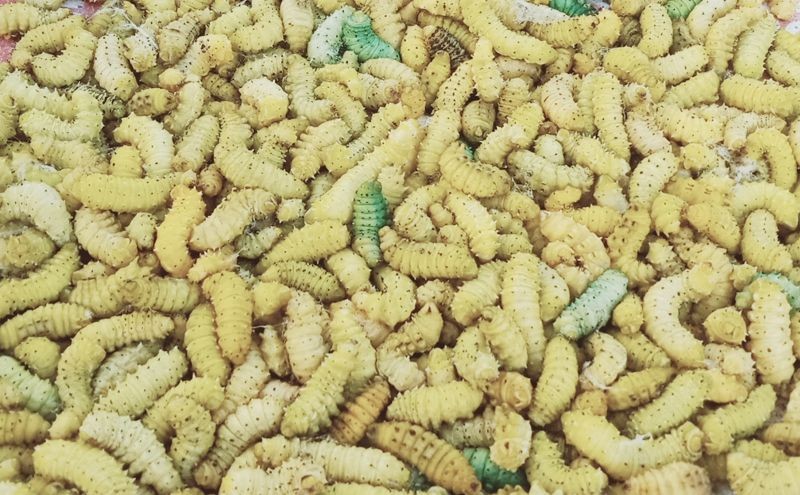
Our Correspondent
Kohima | January 5
Sericulture has been considered an important rural industry playing a dominant role in rural development.
Eri culture has been the most dominant culture in the state in most of the traditional and non-traditional areas, according to the Annual Administrative Report 2019-2020 of Sericulture Department, Nagaland.
The use of Eri Silk is quite closely associated with the culture and tradition of the society and occupies unique place in the socio-economic life of the people of Nagaland.
The Eri culture is not only for its silk but also for the protein rich pupae for consumption as a delicacy.
The art of weaving cotton and silk fabric has also closely associated with culture and traditional amongst the women folk of Nagaland.
The project (Farmers Development Programme) envisages for sustainable development of Eri silk industry in the rural areas with objective towards qualitative and productivity improvement, meeting the requirement of cocoons, spun silk and weaving besides, establishment necessary marketing linkages and human resources development.
Keeping in view of the Vision 2030 and considering the important part played in the field of generating sustainable economic growth and avenues offered for self-employment through sericulture, the department is implementing Farmers Development Programme in the state with a project cost of Rs 559.00 lakhs.
The project is being funded under Negotiated Loan from NABARD under the state plan.
It envisages bringing 300 acres of silkworm host plant cultivation, rearing of silkworm and seed production and providing Cocoon storage units throughout the state, the report stated.


